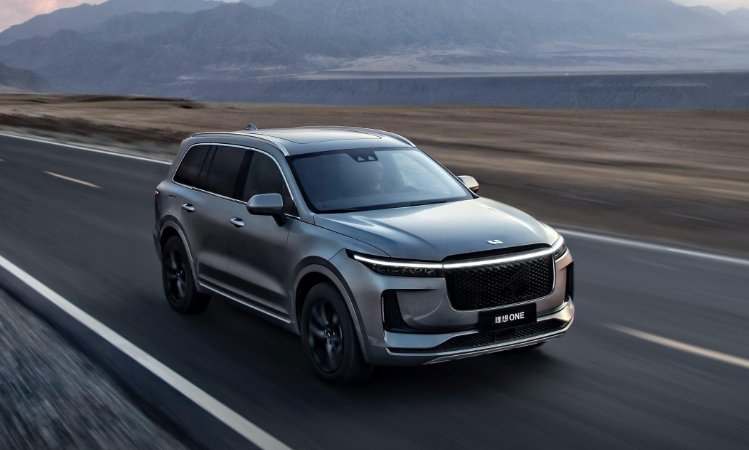Li Auto sets no date for electric project


Nasdaq-listed startup Li Auto is conducting "pre-research" on pure electric cars, but the extended-range vehicle maker said on Thursday there is not a deadline when it will go ahead.
Li Auto currently produces extended-range electric vehicles, which can usually have longer ranges that pure electrics.
Its pure electric vehicles will be manufactured based on the next generation of electric technologies, which are expected to include super-fast charging technology, high-voltage charging platforms and high-charging-rate batteries, according to Li Auto.
The company stated that as charging technologies and infrastructure are still relatively sparse, pure electric vehicle user experience is below par.
As the supporting technologies and facilities are substantially improved in the following years, charging speed and convenience will also increase.
John Zeng, managing director of consulting firm LMC Automotive Shanghai, said that as electric vehicles represent the general trend of the automobile industry, it is no surprise that Li Auto, a leading Chinese NEV car manufacturer with a high market valuation, will produce pure electric cars and amplify its product portfolio.
As power battery technology develops, costs will be further lowered and extended-range vehicles will be gradually phased out of the market, according to Yale Zhang, managing director of Shanghai-based consultancy firm Automotive Foresight.
"Switching to pure electric cars is not demanding for Li Auto technically," Zeng said. "However, as it is, fast charging is harmful to the stability of batteries and cuts service life. We will see if future technologies can help solve the problem."
Li Auto is the only Chinese NEV startup that produces extended-range electric cars, as its peers, including Nio and Xpeng, focus on the development and production of pure electric vehicles.
Li Auto has only one model, the Li One, on sale, of which it sold 26,498 in the first 11 months this year. In November, 4,646 models were delivered to customers, a 25.8 percent increase from October.




































